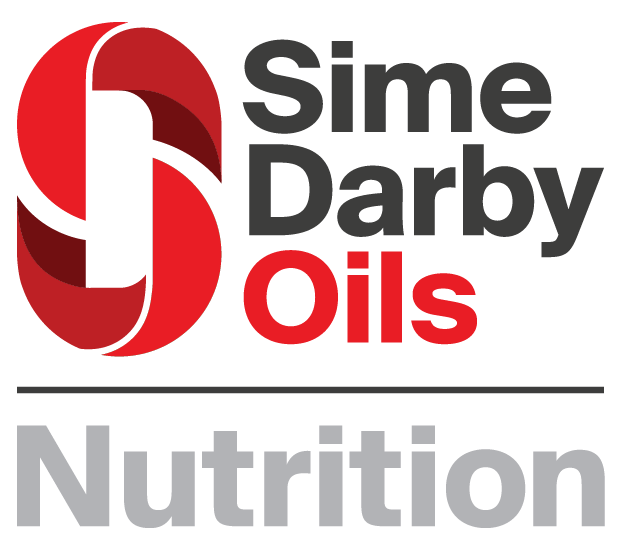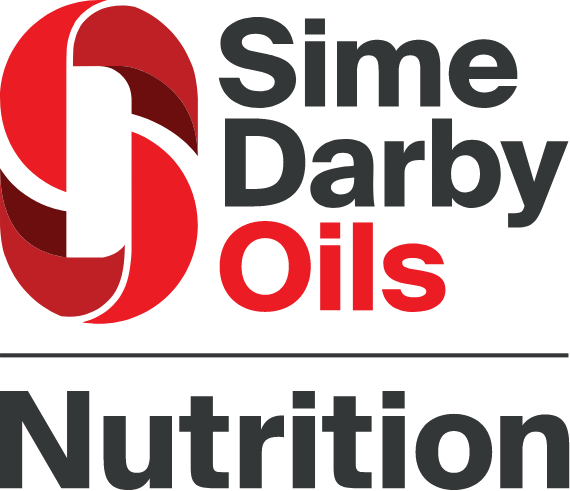Published on June 23, 2013 on The Star
Written by: Fiona Ho
Vitamin E tocotrienols may have a positive effect on heart health.
MANY people think of heart disease as a man’s problem, so much so that talk surrounding the disease is often linked to images of overweight, middle-aged men with bellies the size of planet Jupiter.
In reality, women do get heart disease as well, and the illness is currently the number one killer of women in North America. It is also a leading cause of disability in women.
In Malaysia, one in four women dies of a heart attack, a trend that has remained consistent over the last decade. The total number of deaths from heart disease is reportedly 2.5 times higher than that of all types of cancers combined.
The most common cause of heart disease is narrowing or blockage of the coronary arteries, the blood vessels that supply blood to the heart. This phenomenon is known as coronary artery disease and it happens slowly over time. This accounts for the main reason that people have heart attacks.
The older a woman gets, the more likely she is to get heart disease, especially during the menopause.
Two-thirds of women who have a heart attack fail to make a full recovery, which is why prevention is so important.
In the book, Saving Women’s Hearts: How You Can Prevent and Reverse Heart Disease with Natural and Conventional Strategies, cardiologist Dr Martha Gulati and holistic pharmacist Sherry Torkos discuss the role of natural medicine to help combat the disease.
In a recent interview with Fit4Life, Torkos, who is currently based in Canada, shares that vitamin E, a fat-soluble nutrient commonly found in foods like vegetable oils, cereals, meat, poultry and eggs, may have a positive effect on heart health.
Scientifically speaking, the term vitamin E encompasses eight natural compounds: four tocopherols and four tocotrienols – each named alpha, beta, delta and gamma.
In recent years, this nutrient, known for its antioxidant properties that help protect and repair skin, has been making waves in the beauty industry as a popular “skin and hair” vitamin.
Most vitamin E sources in the market today contain only mixed tocopherols. However, with continuing research, tocotrienols are fast emerging as the superior vitamin E in the health and wellness domain.
Torkos explains that recent findings have suggested that tocotrienols may have powerful neuro-protective and cholesterol-lowering properties, and therefore are beneficial for heart health.
For many people, abnormal cholesterol levels are a result of an unhealthy lifestyle, most commonly from a diet high in fat. Other contributing lifestyle factors include overweight, excessive alcohol intake and an inactive lifestyle.
Increasingly, heart-related diseases are also becoming a growing problem in Asia, due to the rising obesity rates, the authors note.
“Tocotrienols can have a positive effect on blood lipids (composed mainly of fatty acids and cholesterol), by raising HDL (good) cholesterol and preventing LDL (bad) cholesterol from rising in the body,” says Torkos. The balance could help prevent the onset of a potential heart attack.
For Torkos, educating women about how to prevent this disease is a mission that stems from personal experience. “I lost four grandparents to heart disease, which is why I think it is so important to spread awareness of this disease,” she says.
“Also, most people are unaware that medications such as blood pressure pills and anti-lipid pills are only going to get them so far.
“They are also going to have to work on better lifestyle habits, such as eating better and exercising, managing stress effectively, and using supplements to ensure a long and healthy life,” she says.
Popular food sources of tocotrienols include palm oil, rice bran, coconut oil, cocoa butter, barley and wheat germ. Of these, palm oil is the richest source. About 75% of palm vitamin E consists of tocotrienols.
However, it is very difficult to obtain enough tocotrienols needed to yield its health benefits from pure diet alone. Supplementation is therefore the most practical and effective way to obtain sufficient doses of tocotrienols.
According to Torkos, the current recommendation for tocotrienol consumption is 200mg, twice a day.
Vitamin E tocotrienols should be part of a wholesome supplement programme, as part of a pro-active approach for optimum health, she opines.
The author adds: “I take tocotrienols myself on top of various other health supplements such as fish oil and vitamin D. I think each person needs to tailor their own supplement programmes according to their current state of health and unique risk factors.”
However, many consumers are still unaware of the unique benefits and properties of vitamin E tocotrienols, Torkos points out.
“Many people do not understand how vitamin E tocotrienols differ from regular vitamin E. Most people associate vitamin E with only alpha tocopherol.
“There is also a misconception that palm oil is a source of saturated fat, which leads to high cholesterol and increases the risk of heart disease.”
Despite that, palm tocotrienols are slowly gaining ground in North America, she says. “While research on palm tocotrienols is still in its infancy, the findings have been very exciting and encouraging, and people are very fascinated by it.”
With knowledge and adequate nutrition, women can take action to protect themselves and their families against heart diseases, she concludes.
Reference:




